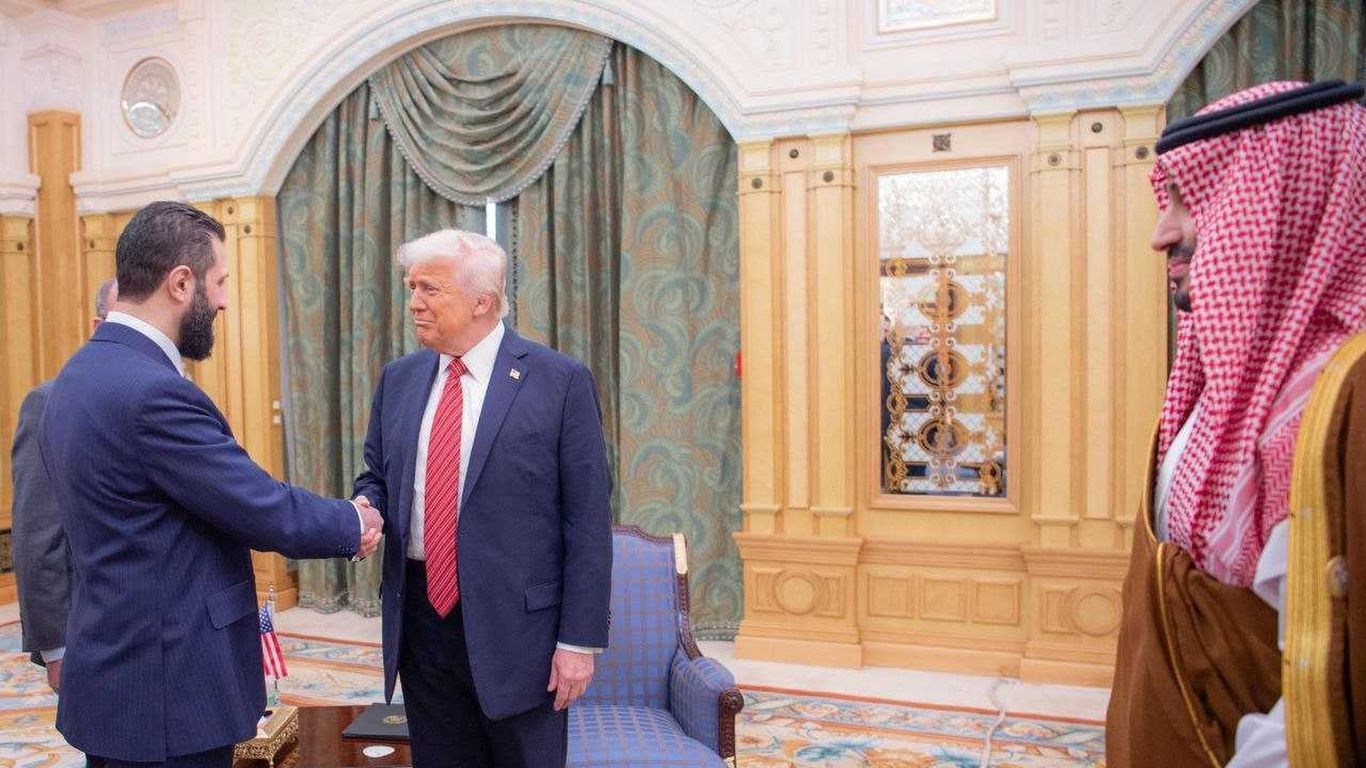
"A U.S. official noted a pattern: the progress was made without much personal intervention by Trump, but by envoys invoking his name and convincing countries they'll improve their standing by making a deal. "2025 is a year of opportunity for Trump to make peace, because leaders around the world see Trump as super strong and want to be on his good side. Now, Trump can be the most effective in his diplomacy. But every day that passes, this superpower diminishes," the official said."
"Their governments came to power after the fall of Bashar al-Assad and the defeat of Hezbollah by Israel, respectively. Trump made a surprise announcement in May that he would lift U.S. sanctions on Syria, and then appointed U.S. Ambassador to Turkey Tom Barrack - Trump's close friend for 40 years - as envoy to Syria."
Low-profile diplomatic breakthroughs emerged even as deals on Ukraine and Gaza stalled. U.S. envoys advanced progress without extensive personal intervention by Trump, using his name to persuade leaders that deals would improve their standing. A U.S. official described 2025 as an opportunity because many leaders view Trump as strong and seek his favor. The U.S. backed Syria’s militant-turned-president Ahmad al-Sharaa and Lebanon’s president Joseph Aoun. Those governments came to power after Bashar al-Assad’s fall and Hezbollah’s defeat by Israel. Trump announced lifting U.S. sanctions on Syria in May and appointed Tom Barrack as envoy to rebuild relations, stabilize Syria, and pursue a Syria-Israel peace process while containing recent clashes and brokering a fragile ceasefire.
Read at Axios
Unable to calculate read time
Collection
[
|
...
]